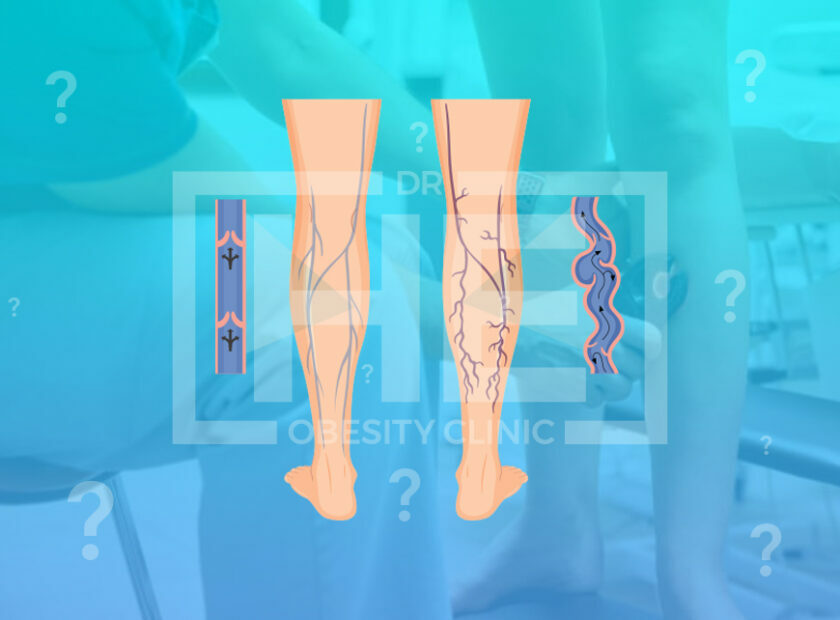
Can bariatric patients take magnesium? Yes, bariatric patients can take magnesium and on the other hand, they should too! Moreover, it is about not only magnesium but also other supplements and minerals, you should know about whether to take or not to take.
In addition, you should better bear in mind that following bariatric surgery, there are numerous factors to consider and be aware of in terms of your new lifestyle, notably your eating habits.
As a patient, you can take any level of supplementation you want, but choose wisely because how you treat your new body will define your health.
To begin with, magnesium is a mineral that is required for the formation of healthy bones, the production of proteins, and the regulation of body temperature.
Muscle cramps, discomfort, constipation, and headaches are all symptoms of a deficiency. Magnesium deficiency can also cause insomnia, anxiety, hyperactivity, irritability, and panic attacks.
In the course of recovery of bariatric surgery, the form of magnesium, like calcium, is crucial, on the other hand.
You should choose a magnesium citrate supplement with a high concentration because it is more easily absorbed than other kinds. Certain tablets, for example, include the maximum concentration of magnesium citrate seen in a bariatric supplement.
Moreover, magnesium is usually listed in many forms. If magnesium citrate is stated first, you can be confident that the magnesium is at least 51% citrate.
Therefore, one can conclude that to effectively treat magnesium shortage, a proper choice of a specific magnesium supplement form is just as crucial as a wise decision on which dietary sources to include in the diet.
According to recent research, Magnesium Glycinate is one of the greatest magnesium chemical supplement forms since the body once given quickly absorbs it. It is very gentle on the gastrointestinal tract, causing no side effects or harmful consequences unless taken in extremely high dosages.
Magnesium Glycinate supplements are frequently prescribed to address Magnesium deficiency in patients who have just undergone bariatric surgery due to this particular feature.
To sum up, although it has been shown to be safe and helpful in treating magnesium shortage, experts advise that Magnesium Glycinate supplements be taken in conjunction with magnesium-rich foods to guarantee adequate supplementation.
After a bariatric surgery, healthy adults can take magnesium Glycinate in general, as well as by younger people if their doctors recommend it.
What Type of Magnesium is Best For Bariatric Patients?
If you’re a bariatric patient, you probably have a question that’s on your mind. What type of magnesium is best for bariatric patients? Fortunately, there are many types available for your bariatric needs. You can find magnesium in powder, capsules, and even beverages.
These are easier to take and can also be incorporated into protein shakes. Magnesium citrate supplements are one of the most widely-available forms, as they contain 51% citrate.
The researchers studied 408 patients with obesity. Seventy-nine percent were women, and 32% had type 2 diabetes. They underwent bariatric surgery – Roux-en-Y gastric bypass or sleeve gastrectomy – to reduce their waistlines.
The magnesium levels of the patients were measured before surgery and one year after surgery. The average serum magnesium concentration was 1.63 mEq/L.
When considering supplementation, bariatric patients should consult their doctors to choose a type of magnesium that’s right for their individual needs. Magnesium glycinate is a better choice for bariatric patients than other forms.
It is more easily absorbed and doesn’t cause the same digestive side effects as other forms of magnesium. But you must consult your doctor before taking magnesium glycinate if you have any kidney problems.
Another option is to purchase a supplement containing calcium. Bariatric Advantage MAGNESIUM & VITAMIN D contains 1000 mg of magnesium glycerophosphate, a form that’s well-absorbed by the stomach.
It also includes taurine and vitamin D as cofactors so they can instantly activate each other in the body. Taking magnesium with vitamin D is important for your health and is a good idea for preventing constipation.





